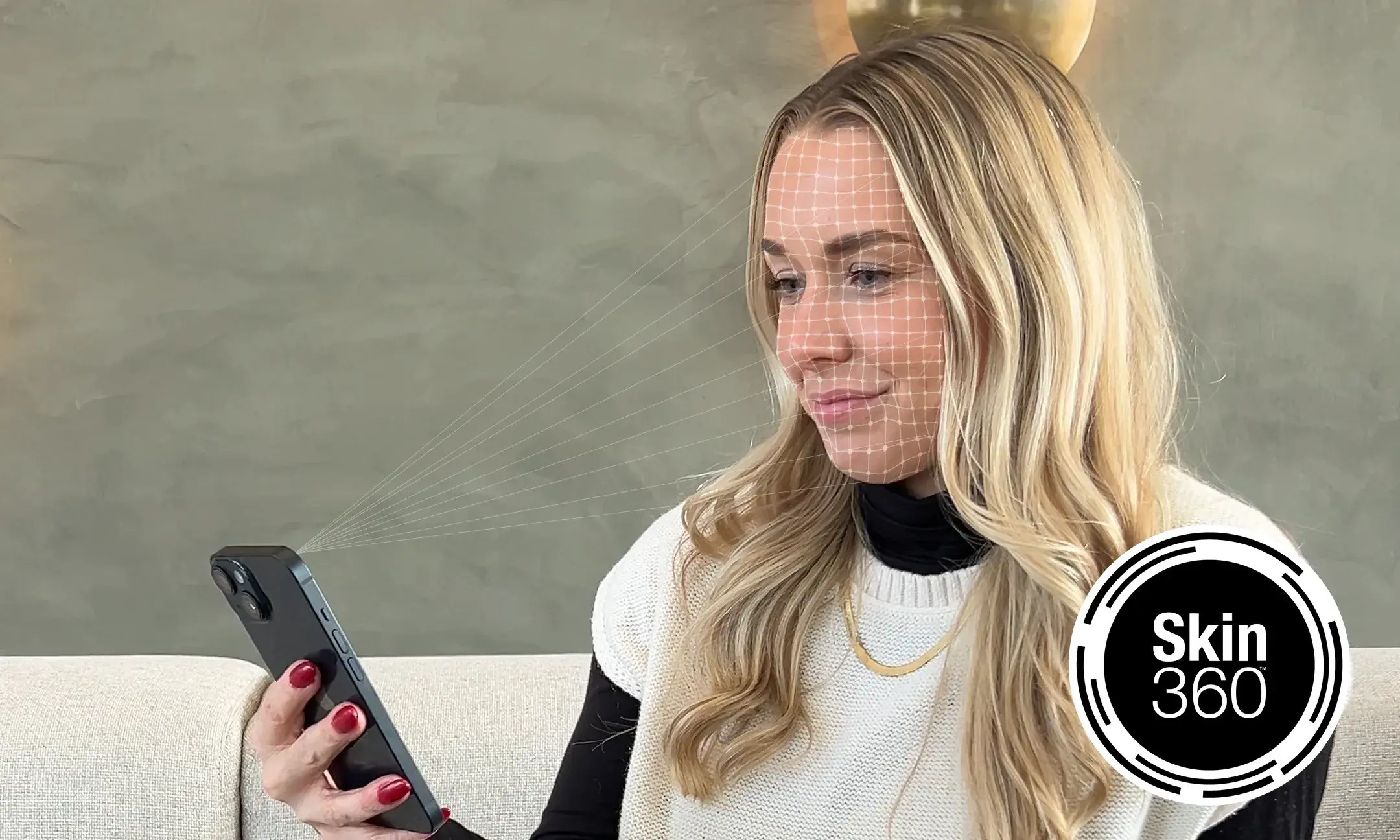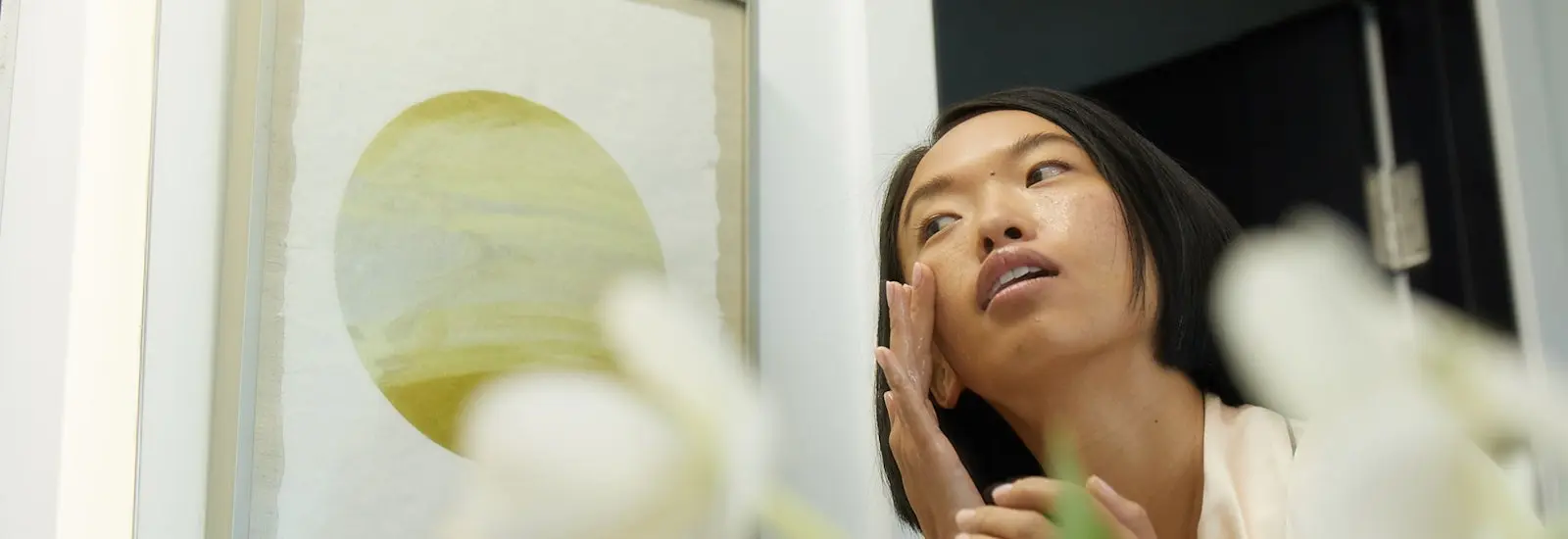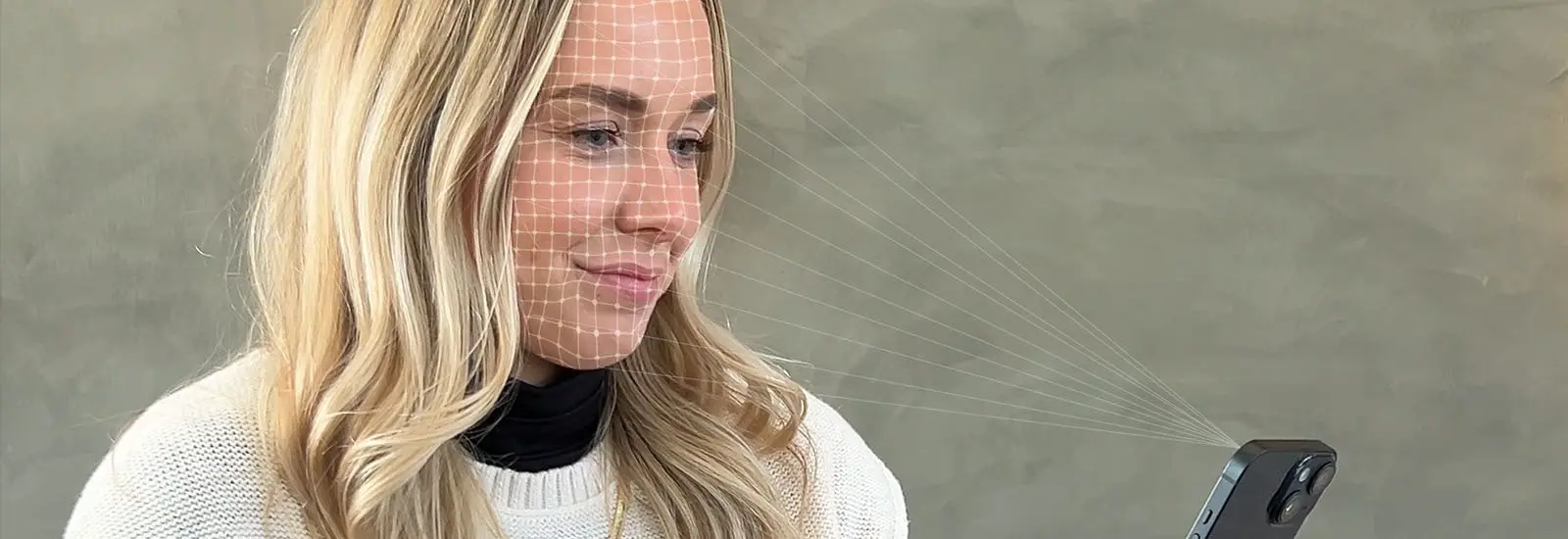Yes, it’s possible to fight back against acne and have clear skin! To choose the best acne treatment, you must first arm yourself with knowledge. That’s where we come in. For Part One of our super-informative All About Acne series, we break down the common types of acne and offer product suggestions to help combat pesky breakouts.
Comedones
Your skin develops acne when certain pores, sebaceous follicles, (aka hair follicles) become clogged with oil and dead skin cells. This first stage of the clogged pore, called comedones, can turn into either whiteheads or blackheads. To treat your comedones and help keep pores clear you need to look for skincare products with an acne medicine, for example salicylic acid or benzoyl peroxide. And to help prevent breakouts being caused by your skincare products, we recommend makeup and skincare products that are labeled "non-comedogenic."
Our Recommendation: Neutrogena® Oil-Free Acne Moisturizer Pink Grapefruit Moisturizer
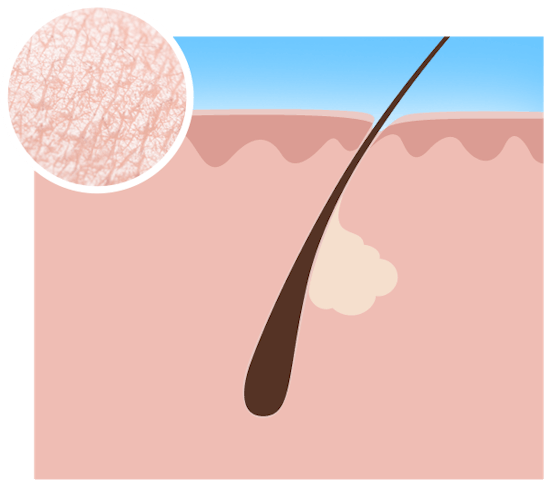
Whiteheads
Whiteheads are whitish or skin-colored bumps that occur when pores get clogged with oil and dead skin cells under the skin's surface. Your pores become clogged for lots of different reasons. Hormonal changes and increased oil production are common triggers. Whiteheads can pop up anywhere on your face.
Our Recommendation: Oil Free Acne Wash
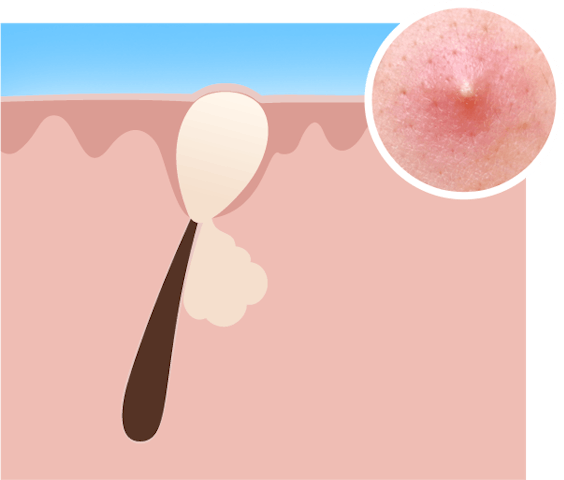
Blackheads
Blackheads are similar to whiteheads except they have small volcano-like surface openings that look brown or black in color when exposed to air. Contrary to what you might think, blackheads are not filled with dirt. They're actually filled with excess oil and dead skin cells.
Our Recommendation: Stubborn Blackhead Daily Acne Facial Serum
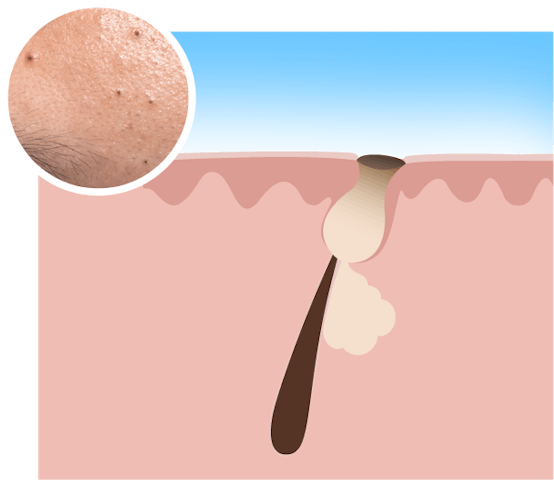
Papules and Pustules
When acne breakouts become inflamed, red or pink bumps appear on the skin. These are called papules, and they appear anywhere on the face and also on the back and/or chest. Some inflamed pimples can also be filled with pus, and these are called pustules. This type of inflamed, red acne may be very sensitive to the touch, and picking or squeezing can make it worse and lead to scarring, which can take even longer to heal.
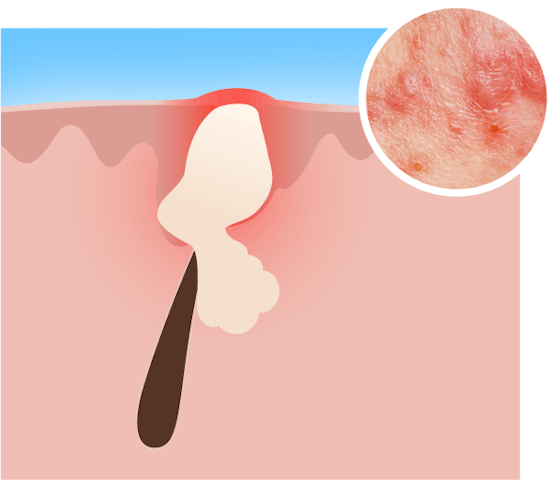
Back Acne
Back acne is super common and occurs when excess oil, bacteria and dirt become trapped in the pores. This leads to whiteheads, blackheads and papules or pustules, or a combination of all four. Because the oil-producing glands on your back are larger than the face, they tend to be more active and lead to inflamed acne. If you have back acne, we recommend wearing breathable fabrics and taking showers after sweat-inducing activities like working out.
Our Recommendation: Neutrogena® Body Clear® Body Wash
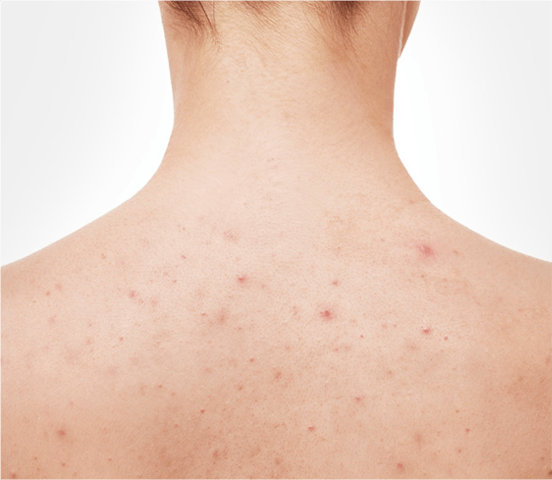
Adult Acne
Guess what? Acne isn't just a teen skincare issue. In fact, according to acne.org, dermatologists are seeing more adult acne cases today than in previous decades. Some adults develop acne for the first time in their 20s, 30s or beyond and others also had it as a teen. Either way, adult acne can be frustrating. There are a number of reasons for adult acne like fluctuating hormone levels, especially for women around their menstrual cycles; a worsening of acne due to stressful situations; genetics; and even an underlying, undiagnosed medical condition. Remember, don't stress. That can make your acne worse. Finding the right treatment and sticking to a daily skincare routine can help.
Our Recommendation: Stubborn Texture Daily Cleanser
Want to learn more about Acne? Check out these articles next:
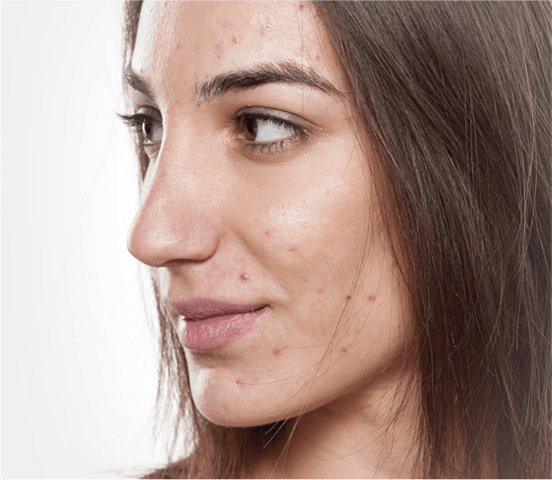
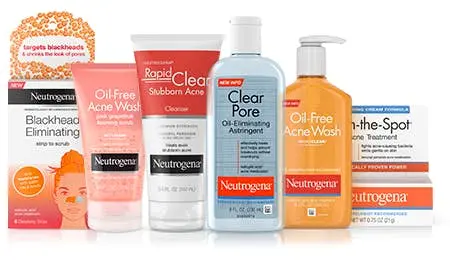
Let's Solve It
Ready to find your personalized acne routine?

